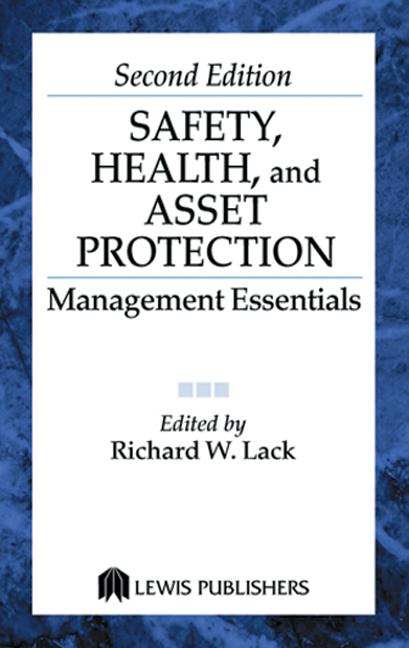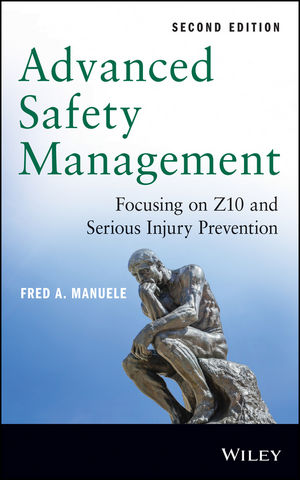
In part one of my “short course” in managing stress (October 2006) I mentioned individuals can have very different thresholds for experiencing distress. Even the hardiest among us have our limits. So what do we do when we’re nearing those limits? Here is what behavioral science tells us about effective stress management.
- It helps to be wired in a certain way. Not that we are complete prisoners of genetics, but heredity does predispose us strongly in one direction or another. “Hardiness” — an individual’s tendency to feel in control, to see problems as challenges that they can overcome, and to be personally and deeply committed to family, friends, spiritual life, career, etc. — is believed to be genetically based. These are valid predictors of how one will handle stressors. So choose your parents well, or observe and practice the behaviors of your more “hardy” mates.
- It also helps if you’re not wired certain ways. We all know “Type A” personalities. They’re the ones sitting in the doctor’s waiting room with their laptop popped open. This kind of “wiring” can lead to impatience, angry outbursts and even meltdowns. But Type A’s are not necessarily heart attacks waiting to happen. Many live long and happy lives (all the while wondering how those laid-back Type B managers keep their jobs). If anger/hostility is a problem for you, especially if combined with other Type A traits, be very careful. Anger management training could benefit you — and those around you.
- Social support is huge. The personal network is one of the major moderators of the stress reaction. Friends and family who serve as confidantes and provide the occasional reality check on your ideas and opinions are a big buffer for the stress reaction. Cultivating close personal relationships is one of the most profoundly powerful stress management strategies.
-
You can reengineer your situation. Sometimes we trap
ourselves into accepting stressors that we could, in fact, fight or
flee. Sometimes it’s a good move to change jobs, to get out from
under a bad boss, or away from physical or psychological stressors
built into the job. Not everyone should be an air traffic controller or
an EMT.
Within a given job, it’s also possible to exert some control and eliminate or minimize stress factors, akin to how safety pros identify and eliminate workplace risks. We don’t have to passively accept the boundaries and constraints of a role. Decide how you would like it to be, and make your case to your management.
Sometimes reengineering your situation is as simple (and profound) as just saying “no.” A lot of us in professional and responsible roles take on more than we really need to. A lot of good can come from occasionally saying, “I’d love to help, but I just can’t take that on now. Here’s what I can do, and here’s when I can do it.” Prioritizing is critical. Of course, if the boss “requests” it, it’s presumably automatically an “A” priority. - “Cognitive appraisal” works. This is also known as “don’t sweat the small stuff, and it’s almost all small stuff,” as a consultant friend of mine says. Say you’re facing your annual budget inquisition with the bean counters. Don’t mistake those butterflies and dry throat as signs of fear and anxiety. I’ve learned to label those kinds of feelings, say before I give a speech to 500 people, as eagerness and readiness. And part of being ready is doing your homework. I always try to cold memorize the first three to five minutes of my talk, knowing a good start gets me over the butterflies and forecasts a good speech.
- Take care of your physical self. Exercise is another excellent buffer to the stress reaction. Regular exercise, especially combined with reasonable diet and rest, is about as good a thing as you can do for your physical self to promote stress resistance.
- Take care of your spiritual self. Whatever your personal belief system in this regard might be, feeling personally connected to a higher purpose, and having some active and real sense that there is meaning and importance in your life and in the lives of others is a strong stress buffer.
- Take time off. When you work past eight hours a day you’re probably just “adding bugs,” to paraphrase the CEO of the wildly successful software company SAS, as quoted in a recent Harvard Business Review article. Most of us know that beyond a certain point, we are not working effectively. Getting away from it all doesn’t automatically change a stressor, but it can help you get better perspective on it, and at least come back with renewed energy and maybe insight.


